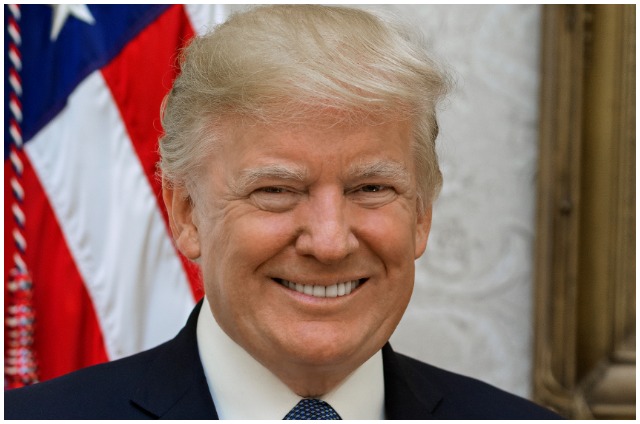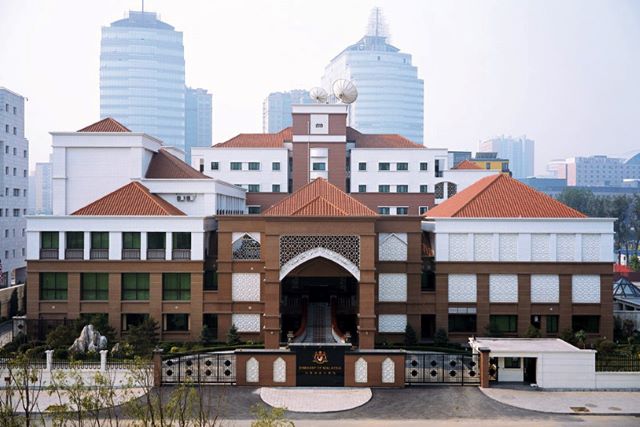DAR ES SALAAM: China’s trade ties with Africa will be under the spotlight today when President Xi Jinping outlines his country’s relationship with the continent, which Beijing is increasingly turning to for both its resources and as a market place.
Xi’s tour of Africa on his first overseas trip is seen as a reflection of the strategic importance of Africa’s oil and mineral resources to the world’s second biggest economy.
But while seeking to build on expanding economic relations, China’s new leader faces concerns in Africa that the continent is being stripped of its raw materials for export while spending heavily on finished consumer goods from the Asian economic powerhouse.
Africans generally see China as a healthy counterbalance to the West’s influence but, as the relationship matures, there are growing calls from policymakers and economists for a more balanced trade deal.
One of Xi’s main aims could be to ease local fears China was in Africa purely for its resources, said James Shikwati, head of the Nairobi-based Inter Regional Economic Network think tank.
Gratitude for Chinese no-strings aid to Africa is increasingly tinged with a wariness about its intentions.
“China has been giving us a lot of development support, but they obviously want something in return,” said university student Lisa Mgaya in Dar es Salaam.
“We should be careful with China.”
Chinese interest in Africa goes back centuries. In 1414 admiral Zheng He sailed with a fleet down the east coast of Africa to Malindi, on a voyage to proclaim the strength of China. He famously brought home a giraffe, astonishing the Chinese court.
Six centuries later, China is focused less on African exotica and more on energy and minerals. The east African seaboard is hot property after huge gas discoveries in Tanzania and Mozambique. Oil strikes have also caught China’s eye.
Xi arrived in Dar es Salaam, Tanzania’s commercial capital where he will deliver his speech, on Sunday and signed more than a dozen trade and cooperation deals with President Jakaya Kikwete’s government.
The agreements included plans to co-develop a new port and industrial zone complex, a concessional loan for communications infrastructure and an interest free loan to the Tanzanian government. No details were given on the size of the loans or the monetary value of the projects.
He then travels to South Africa for a summit of leaders of the world’s major emerging economies, known as the BRICS, on Tuesday and Wednesday, and could endorse plans to create a joint foreign exchange reserves pool and an infrastructure.
The proposal underscores frustrations among emerging markets at having to rely on the World Bank and International Monetary Fund, which are seen as reflecting the interests of the United States and other industrialized nations.
Nigeria’s central bank governor, Lamido Sanusi, wrote in the Financial Times this month that the trade imbalance between China and Africa was “the essence of colonialism” and cautioned the continent was vulnerable to a new form of imperialism.
China will be keen not to be perceived as an imperial master.
“The legacy of (the) West is the feeling that Africa should thank them, and that Africa should recognize that it is not as good as the West,” said Zhong Jianhua, China’s special envoy to Africa. “That is not acceptable.”
Xi’s African tour ends in the Republic of Congo, from where China imported 5.4 billion metric tons (5.9 billion tons) of oil last year, just 2 percent of its total oil imports, but potentially the source of a lot more to feed its booming, energy-hungry economy.











